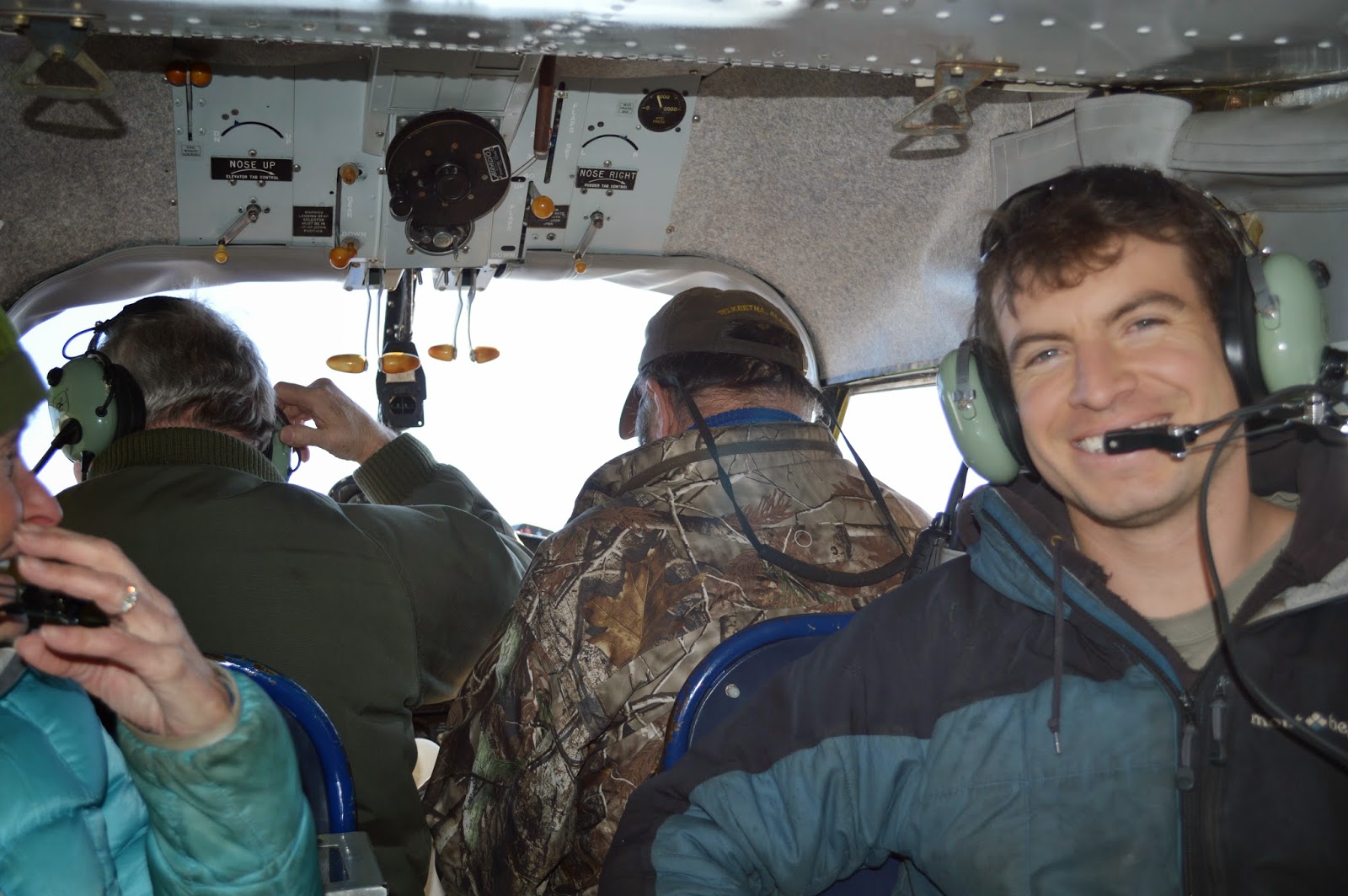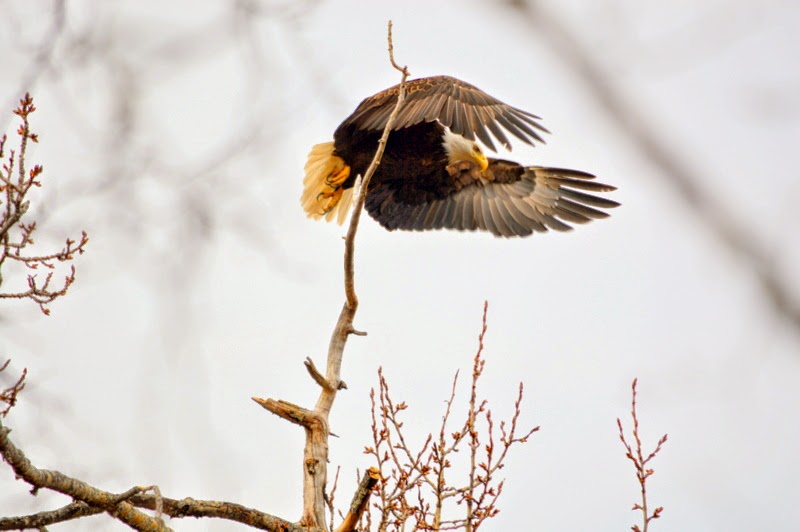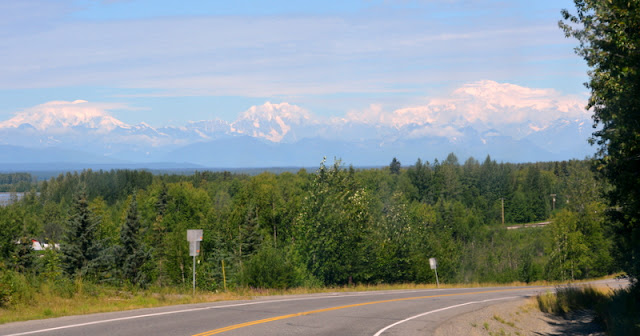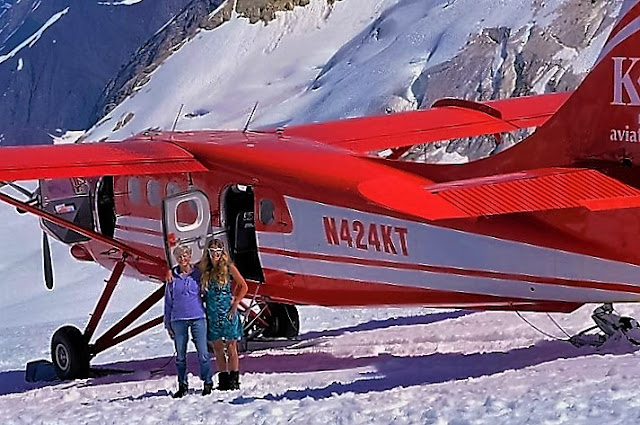
We've always abbreviated the South in So. Hero, it's always been that way. And, most often, it's not referred to as So. Hero, just simply, camp. Camp has and always will be the epitome of what summer should be, My parents gave camp a formal name, Camp Rockledge. I don't remember anyone, other than my mother, use this formal name. The wood structure, built upon a rock outcropping, that was our home from June until the end of August was simply, camp. Camp housed my immediate family, my mother's parents, my father's parents for several weeks each summer and several childhood friends whose parents seemed more than happy to have them away for the summer. My folks must have planned on having extra mouths to feed and shelter when they built camp. My brother, sister and I had separate rooms each with bunk beds.There seldom was an empty bunk and we knew camp was really full when a sleeping bag was thrown on the living room daybed. Our friend, Jimmy, who lived in New Hampshire would show-up each summer. He seemed in my young mind to arrive unannounced and leave in the same manner. He carried a well packed suitcase and my folks would always take his picture when he arrived, standing on the boardwalk leading into camp. It amazed me how comfortably he fit in with our family when this was the only time during the year. that we saw him. Like it's said, we didn't skip a beat. Personally, at that age, I found it difficult being away from family. One summer I attended Camp Hochelago for two weeks, a camp for girls located just a few miles down the road from camp. While there, I struggled with the necessary scheduling of a summer day into mandatory activities. It wasn't in keeping with the camp experience I knew! Why must I swim at 10am when the water was cold with whitecaps? And, why couldn't I swim rather than do arts and crafts when the thermometer hit 90? Taps at 9pm meant in our tent in bed, but what about hide-and -seek until too dark to even find ourselves! It's hard for me to forget feeling less than excited to be marching through So. Hero with my tent mates on July 4th, singing camp songs of which I knew only a few words and seeing my folks wave from the curb. I could not have been more homesick only 5 miles from home.
I could have easily made the livingroom daybed my night bed. I was envious of my brother's friend, Mike, who was most often found there. Lying there amist the beach sand and dog hair, it remained into adulthood my favorite place to drift off to sleep on a summer day, my legs covered with the ever present knitted afghan. I still regret having to throw that afghan away years later when opening camp. Mom had passed away and Dad was forgetful. I struggled to find the time needed to take care of my home, his home and camp. Mom always "put camp to bed" with generous amounts of Decon strategically placed. Opening camp one spring, I discovered why this routine was so important. As I removed the daybed afghan from its winter storage, a mother mouse with several nude baby mice greeted me. Unable to squish them, I tossed them, as well as their winter home, into the woods. No longer would my grandmother's knitting warm my feet.
Summer began for our family on the last day of school, usually a half day. My mother arrived at school with our station wagon fully loaded, including the dog. Away we would go.....not to return to suburbia until school resumed after Labor Day. Unlike other families, who used their lake houses for weekends or short stays, we moved in and our family and lifestyle became that of an islander, as So. Hero is one of the Champlain Islands. No one enjoyed camp more than my mother who embraced the lifestyle of an islander. She left behind in the suburbs her many responsibilities as a doctor's wife and with her own mother beside her, she became a farm girl again. Tart cherries were picked and pies were made. Fish were caught and fried. Grandma Hadsell blessed us with homemade bread and donuts that filled the air with an aroma that dragged us from our play and had us begging for warm bread spread with melting butter. These delicacies were part of camp, not city life.
Before my grandparents moved permanently to VT, they would travel from their home in Pennsylvania, arriving with their station wagon loaded. There would be phone calls along the way letting my folks know of their progress. I remember calls from Tupper Lake and Schroon Lake and within a day, they'd arrive. Their station wagon laden with my grandfather's tools which my brother, sister and I would carry over the hill to "his shop". Sometimes they would have a piece of furniture strapped to the top purchased in Amish country....that's how my parents dry sink arrived. My grandfather restored antique furniture and was an expert at refinishing, chair caning and fixing anything in need or repair. His expertise on our pump and water intake from the lake was invaluable. Often his head could be seen poking out of the pump house. He never shied from the large garter snakes also poking their heads out of the cinder blocks, staying cool within. As Grandpa aged, my Dad became the pump repairman using what he had learned from Grandpa. The arrival of my grandparents' Pontiac station wagon announced the official start of summer.

Grandpa was a beachcomber and with a homemade ricksaw constructed of wooden wagon wheels, a base of driftwood planks and long poles used for pulling, he would retrieve loads of lumber deposited by the waves on the beach. He would sort his wood into piles of dimensional lumber to be resawed, interesting driftwood for ornamental work and wood for igniting the burn barrel. It was a sad and humiliating day for grandpa when the chore of lighting the burn barrel was no longer his, when well into his eighties, he set the side woods afire.
Camp sat on what my Dad always referred to as,"the open lake" not to be confused with sissy camps that were purposefully built with landforms for protection. No, we sat in the open, enduring what nature would unleash. A south wind prevailed, whipping up waves that would rival any ocean surf. We often waited days for the lake to calm, hunkered down inside playing marathon monopoly games and canasta. To this day, I have a hard time wanting to play Monopoly. Maybe too much of a good thing. After a storm, it was a race to the beach to see what nature had left for gifts. We had few neighbors, but for some reason, there was fear that the waves had left something of value that would be lost if we weren't quick to "walk the beach". Like "treasure island" our beach received the floatsum from miles around including that of the many rivers dumping into the lake. Items arrived including full docks, waterskis, boat pieces, and occasionally an intact boat, usually swept away from a neighboring cove. There would be duck decoys, flip flops and single shoes, any number of baseball caps, flags of all types, ripped by the wind from the stern of one of the many large "cruisers" that traveled to Burlington from Montreal and beyond. But, most sought after and highly prized were fishing lures, mostly flat fish. While we scoured the piles of wood and seaweed for these, Grandpa loaded his rickshaw with his, valuable, free wood. While most of his finished beach wood products were both useful and attractive, some caused my mother dismay and I assume she felt they made us look a little trashy although she never said a word to her father. Some of the things she liked were, our boardwalks, our window boxes and the driftwood lodge, a playhouse we seldom used. I think this was because of its location in the woods. The mosquitoes who claimed this as home made it miserable, even for us kids who routinely endured their buzz, bite and subsequent itching. Driftwood lodge was later moved to the beach and after a coat of green stain, became the green house in which water skis, gas cans, paddles, seat cushions and fishing poles were stored. We were a family that re-purposed before it became the norm. The green house remained a fixture at camp for more than 50 years despite being tossed to its side more than once by spring breakup.....adding validity to the value of beach wood and grandpa's workmanship.


Normally, Grandpa wore green Dickie work pants and shirt in his shop. This must have been a particularly hot day as he's in his swim trunks. The target in Driftwood Lodge reminds me of our many archery shoots. We became quite good at taking willow branches from the giant willow growing on the beach and bending these into bows. We had two store bought fiberglass bows that hung in my brother's room, but I don't remember having any real arrows.....we probably lost them. As you can see in this picture, the woods were thick with grape vine and sumac making a lost arrow hard to track.

It was an exciting day when Grandpa's martin house platform was raised. He had researched the proper height and built the house to specification. It was disappointing when no martins chose to live in the provided apartments as we all anticipated that they would help rid our yard of the hordes of mosquitoes that descended at sundown and at times of light wind. The mosquitoes were so bad that Dad finally invested in an electric fogger so we could comfortably eat outside. With perfect timing, before we sat at the picnic table and if needed, during the meal, he'd hit the on button, dispensing a cloud of toxic bug spray over the table and food. I'm still amazed that a doctor would do this!
Here I can see Grandpa looking on while my brother and father pry. The other two I can't identify, but I would guess one was sleeping on the daybed!
.
My mother grew up as an only child, spending time with her parents on the water. Both her mother and father were experienced fishermen having once owned a camp on Manitoulin Island, However, my mother readily confessed to not inheriting her parents' love of fishing. Rarely did she join them in the boat. My dad, also an only child, grew up in Milwaukee, but later enjoyed many of Wisconsin's beautiful lakes. The building of camp appeared to complete a dream held by my parents to provide our family with a retreat unlike all others. Lake shore in So. Hero was difficult to find even when my parents moved to VT in 1947. Sandy beaches such as ours were almost unheard of. Through fortunate circumstances, my folks were able to obtain their piece of paradise. They never took for granted their good fortune and enjoyed camp to the fullest.
As kids, we prided ourselves in having, not the best boats, but perhaps the most boats of any family on the beach. Our first boat was "little steamer", bought shortly before my parents started building camp and thereafter forever linked to it. I remember riding on the very narrow bow seat, using the anchor rope as the reins of my horse.....I had a thing for horses. With Dad driving, we'd head to our newly purchased So. Hero land from our rented camp in Mallets Bay. As an adult, I now realize what an adventure this was in a small boat, outboard motor, 3 young kids and a dog on board, heading across the "open lake". I never thought of them as adventurers, but these trips prove me wrong. I was too young to know how passionate they were to get started with their dream.
 |
| The three of us, me, Janet and Dar with Little Steamer atop the car in Mallet's Bay. |
 |
| What must our collie, Karrboy think? |
 |
| Looks like we took a boat ride to the point or over to Providence Island where there are rock cliffs. |
 |
| The beach in front of camp before there was a camp. It looks much the same today. |
Our neighbor had three boys, two older than my brother. They spent hours water sking and were very good at it. When they decided to buy a new ski boat, my parents bought their old one. We were in heaven. Little steamer could get us up on two skis when we were smaller, but now struggled to get my brother and I out of the water. This new boat opened up a new waterski world. Not only would we be able to slalom ski, we would be able to travel further, faster. Oher boats followed this one, but forever in my mind this was the best. It had a bow long enough to lie fully stretched out in the sun, something important when warming from a cold water swim. For island kids, too young to drive, a new faster boat equated to a new faster car.
 |
| And, it had a steering wheel! |
 |
| We often took the boat to uninhabited Providence Island. Here a wealthy family had once had a homestead, with a farm, power generating facility, flower gardens, fountains with spouting stone lions and gorgeous peonies. My mother transplanted some of the peonies at camp. Here it looks like Dad picked her a bouquet |
One of Grandma's many bass. She routinely out-fished us all. Note Grandpa's driftwood window boxes.
Mom relaxing against the log named "buffalo" that washed ashore and was my faithful horse for years. I outfitted him with reins and bridle, riding him for hours, lost in a dreamworld. I picked rye grass that Mom and Dad had planted to hold the sand, laying it near his head (indistinguishable) at his feeding time. Grandpa Kuhlmann, Grandma Kuhlmann and Grandma Hadsell enjoying chairs built by Grandpa Hadsell of barn board taken down by him in Isle LaMonte.
My grandparents
A beach picnic. There's sure to be corn on the cob in that pot!
Most meals occured on the terrace. Here we're with our friends the Roys who had a camp on the point. My brother Dar and our friend Jimmy are in the foreground. What might appear to be an Asian child is one of the identical Roy twins. I'm leaning against one of the four elms that would later die of Dutch Elm disease.
The sunfish still resides at camp! Dad, Dar, me, Janet seated and (of course) Jimmy. It looks like the waves have dragged our raft into shore, another one of Grandpa's driftwood creations.
As much as camp meant to me growing up, it was equally as important to my brother, Darwin. I'm pretty sure our sister Janet did not share similar feelings. Janet didn't enjoy the outdoors to the extent Dar and I did. Dad always worried "what will become of camp"? As he aged, his memory failed and he no longer remembered the planning he and Mom had undertaken to ensure camp would remain in family hands. Now, where the 60+ year old wooden camp once stood, stands a practical, efficient new camp. I will forever be thankful that Darwin and his family took on the challenge of keeping camp. I am sure new memories are being created as I write.










































































